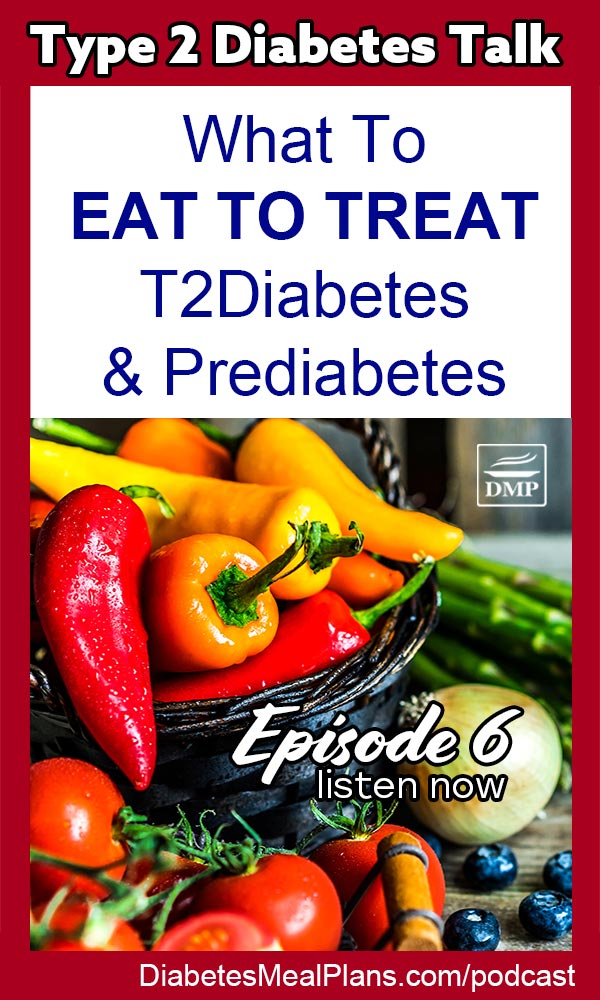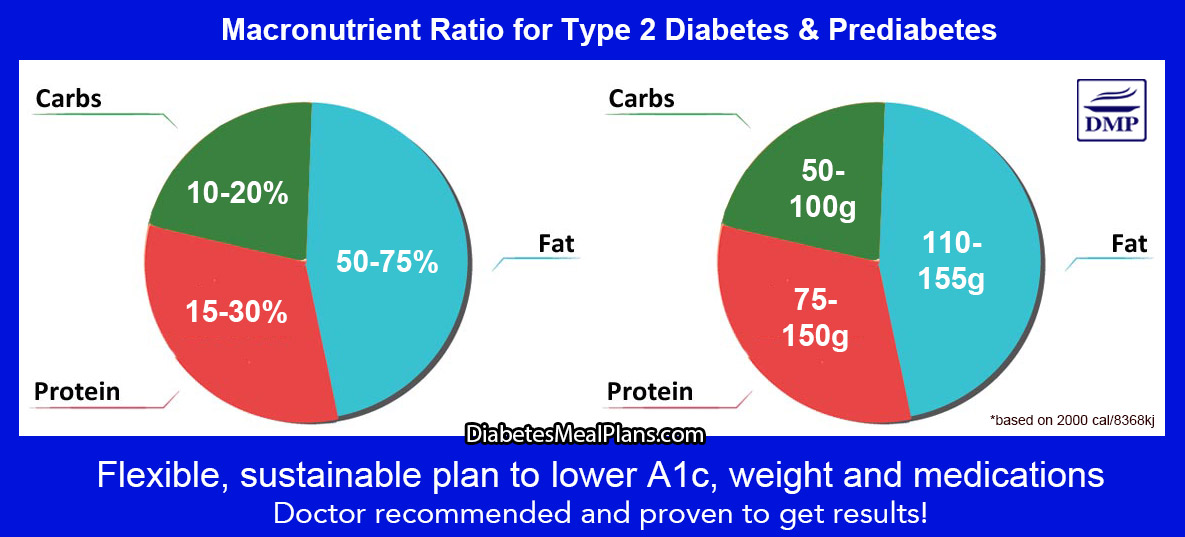Table of Contents[Hide][Show]
In this episode you’ll discover exactly what to eat to treat diabetes with the types of foods to avoid, minimize or include all the time. Plus, you can get started with our recommended food list.
LISTEN TO THE PODCAST
CHAPTERS
1:37 Listener voice message
4:29 Foods to avoid or minimize
6:38 Foods to eat in abundance
8:53 Foods in moderation
10:05 Why focusing on this is important
13:05 Carbohydrate guidelines
16:59 Definition of carbohydrate
20:06 Putting it all together
Support the podcast by leaving a 5-star rating and review on Apple, Spotify or our Website – Thank You!
Overview
This episode takes you on an enlightening exploration of diet and nutrition for eating to treat your diabetes effectively, to help you lower blood sugar, lose weight and reduce or get off medications.
Dr Jedha provides a practical guide to a variety of delicious, nutritious foods, including foods to eat and avoid for best results. The episode begins with an extensive discussion about the importance of following a recommended food list – and if you want a copy of our food list, CLICK HERE.
This list we share in the podcast, unlike the ones you might find elsewhere, is not restrictive but quite the opposite. It categorizes foods into those you can enjoy all the time, ones to eat sometimes, and those to keep at a minimum.
While foods high in carbohydrates such as starchy vegetables, high carb fruits, flour-based foods, junk foods, and sugary drinks fall into the last category, there are still plenty of healthy options to choose from, particularly vegetables.
>> The key here is to focus on fresh, real foods that our bodies are designed to consume.

This episode also delves into a topic that is often met with confusion – carbohydrates. Carbohydrates play a crucial role blood sugar control in type 2 diabetes and prediabetes. However, the key is in the selection of carbohydrates and understanding their impact on blood sugar and A1C levels.
Dr Jedha provides clear guidance on maintaining a daily carb intake between 50-100 grams. This includes fresh vegetables and lower carb options, helping you enjoy a diet rich in vibrant vegetables without causing a spike in your blood sugar levels.
While some people might initially be hesitant about a low carb approach, it is crucial to understand the definitions of different carb ranges. A ketogenic diet, for instance, includes less than 50g of carbs per day, whereas a low carbohydrate diet ranges between 50 to 129g of carbs per day.
Most people find keto very restrictive and there is no need to go keto to get results!
Low carb provides a lot of flexibility and following a low carb approach does not mean starving or restricting yourself; it is about making smart food choices.
Carb Cal Model
Dr Jedha designed the Carb-Cal Model to help adjust carb intake according to calorie intake.
| Carb definition | carbs % energy | 2000 cal/8368 kJ | 1800 cal/7531 kJ | 1600 cal/6694 kJ | 1400 cal/5857 kJ |
|---|---|---|---|---|---|
| Keto | <10 | <50 | <45 | <40 | <35 |
| Low carb | 10–<26 | 50–129 | 45–116 | 40–103 | 35–90 |
| Moderate carb | 26-45 | 130–225 | 117–202 | 104–180 | 91–157 |
| High carb | >45 | >225 | >202 | >180 | >157 |

We highly recommend you explore our proven programs, as with the right guidance, resources, and a positive mindset, living with diabetes can become a much more manageable and even enjoyable journey.
Subscribe to Type 2 Diabetes Talk on: Apple | Spotify | Amazon Music | Audible | YouTube | Podcast Index | Player FM | and more…


Leave a Reply